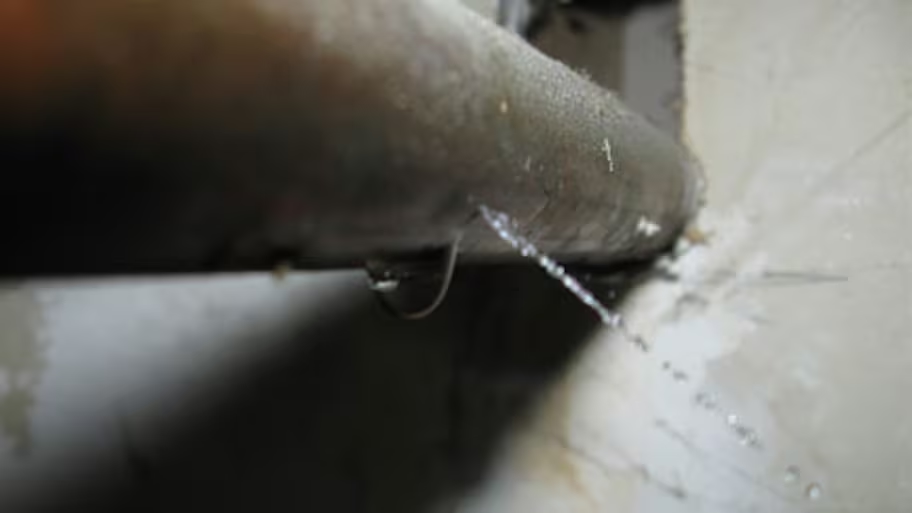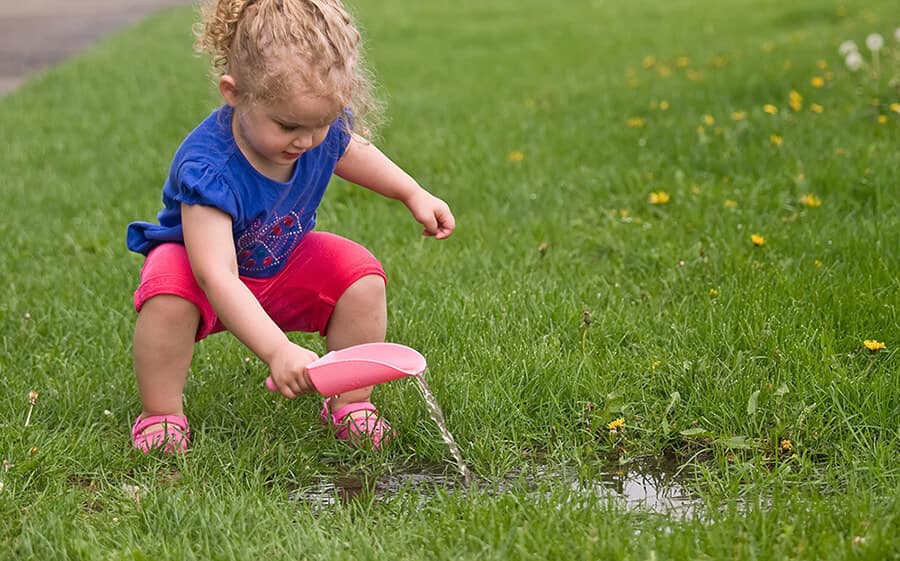Six Reasons Behind Common Water Leaks in Homes and How to Fix Them
Six Reasons Behind Common Water Leaks in Homes and How to Fix Them
Blog Article
Do you find yourself looking for facts and techniques about Top Causes of Home Water Leaks?

Leakages not only cause waste of water yet can additionally create unneeded damage to your home as well as promote unwanted natural development. Regrettably, water leakages might go unnoticed because most of the pipework in our home is concealed. By looking and recognizing for daily circumstances that trigger leaks, you can shield your house from future leaks and unneeded damage. Today, we will look at 6 leak causes that might be triggering your pipes to trickle.
Instant temperature adjustments.
Severe temperature modifications in our pipes can trigger them to increase and get unexpectedly. This development and contraction might create cracks in the pipes, specifically if the temperature are below cold.
Rusty water systems
As time goes by, your plumbing system ages and also rust such as corrosion may begin gnawing the pipes. This may be the source of discoloration or bending on your pipes. This calls for an examination with your plumber right away. Take into consideration replacing the pipelines since they are at a greater threat of corrosion than the more recent designs if our plumbing system is old.
Malfunctioning Pipeline Joints
The factor at which your pipelines attach is often the weakest web link in the waterline. Pipeline joints can wear away with time, resulting in water leakages. Unfortunately, the majority of pipeline joints are not conveniently noticeable. If you have loud pipes that make ticking or banging noises, specifically when the hot water is switched on, your pipe joints are possibly under a lot of pressure. It is suggested to have your plumber evaluate your system annually.
Elbowing in roots
The majority of water leakages start outside the house instead than inside it. You might notice wet patches or sinkholes in your backyard, as well as that might suggest that tree roots are invading water lines triggering water to leak out.
Poor Water Connectors
At times, a leakage can be triggered by loosened pipes and pipelines that supply your home appliances. Generally, shifting is what creates the loose water Links. You may find when it comes to a cleaning device, a tube might spring a leakage because of shaking throughout the spin cycle. In case of a water connections leak, you might discover water running directly from the supply line or pools around your home appliances.
Clogged Drains
Blocked drains may be bothersome as well as inconveniencing, yet they can in some cases wind up causing an overflow causing break pipes. Keep removing any kind of materials that might go down your drains that might clog them to avoid such inconveniences.
All the above are reasons for leakages however not all water leakages arise from plumbing leakages; some leaks may come from roof leaks. All leakages must be repaired right away to avoid water damage.
Leaks not just cause waste of water but can also create unnecessary damage to your house as well as advertise undesirable natural development. By looking and comprehending for daily scenarios that create leakages, you can safeguard your house from future leakages as well as unneeded damages. Today, we will certainly look at 6 leakage creates that may be causing your pipes to drip.
At times, a leak can be caused by loose hose pipes as well as pipelines that provide your home appliances. In situation of a water links leakage, you might observe water running straight from the supply line or pools around your devices.
How To Check For Water Leak In Your Home
How To Check for Leaks
The average household's leaks can account for nearly 10,000 gallons of water wasted every year and ten percent of homes have leaks that waste 90 gallons or more per day. Common types of leaks found in the home are worn toilet flappers, dripping faucets, and other leaking valves. These types of leaks are often easy to fix, requiring only a few tools and hardware that can pay for themselves in water savings. Fixing easily corrected household water leaks can save homeowners about 10 percent on their water bills.
To check for leaks in your home, you first need to determine whether you're wasting water and then identify the source of the leak. Here are some tips for finding leaks:
Take a look at your water usage during a colder month, such as January or February. If a family of four exceeds 12,000 gallons per month, there are serious leaks.
Check your water meter before and after a two-hour period when no water is being used. If the meter changes at all, you probably have a leak.
Identify toilet leaks by placing a drop of food coloring in the toilet tank. If any color shows up in the bowl after 10 minutes, you have a leak. (Be sure to flush immediately after the experiment to avoid staining the tank.)
Examine faucet gaskets and pipe fittings for any water on the outside of the pipe to check for surface leaks.
Undetected water leaks can happen without the home or business owner even realizing. If you suspect a water leak, but not able to find the source. It is time to contact a professional water leak detection service, The Leak Doctor.
How To Find a Water Leak In Your Home
https://www.leakdoctor.com/blog/How-To-Check-For-Water-Leak-In-Your-Home_AE197.html

We were guided to that write-up about Most Common Causes of Leaky Pipes from a friend on a different web page. Kindly take the time to promote this blog post if you enjoyed it. I take joy in reading our article about How to detect water leaks in your home.
Go Deal Now Report this page